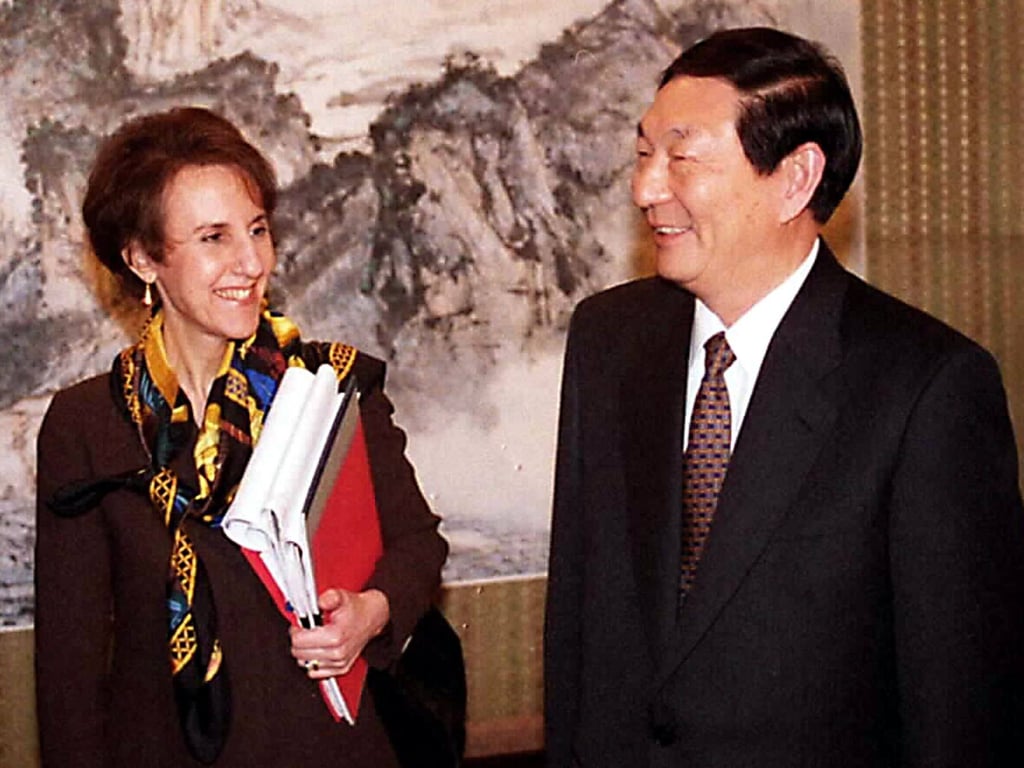Editorial | Fiscal shake-up must be a success for sake of the China economy
- Ambitious plan by third plenum aims to overhaul taxation system to help cash-strapped local governments and the people they serve

China has set out an ambitious plan to overhaul the taxation system to help cash-strapped local governments rebuild the fraying social safety net and improve people’s livelihoods. This aspect of the reform agenda is critical, and getting it right will help underpin the restructuring of the overall economy.
Fiscal reform is therefore welcome and long overdue. Over the next five years, China will aim for a “clear division of responsibilities, coordinated financial resources and regional balance” in the fiscal relationship between central and local governments, the Communist Party Central Committee said in a full text after its third plenum.
The thorny struggle between the central and local governments over fiscal policy and taxation revenue dates back four decades to the early days of opening up and reform. In the 1980s, China’s tax system filled local coffers, but undercut Beijing’s own revenue-raising efforts and blunted economic reforms.
Premier Zhu Rongji last overhauled the fiscal system in 1994 with tax sharing that helped central government revenues, but left local authorities too short to provide effective public services, such as health and education.

To raise money, local governments started auctioning land use rights, which worked when housing was booming, but the prolonged property crisis left local authorities mired in debt. What’s more, property is no longer the priority.
